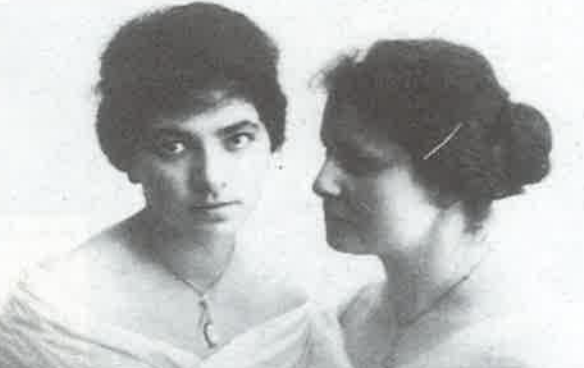Karola Regent – School Naming
A school with a Jewish namesake who survived the Holocaust has a high educational, social and ethical obligation to keep the memory of the namesake alive and to cultivate it. For several years now, our school has been attended by Protestant and Catholic children alike, in some cases by children of Islamic or other faith… Continue Reading Karola Regent – School Naming

